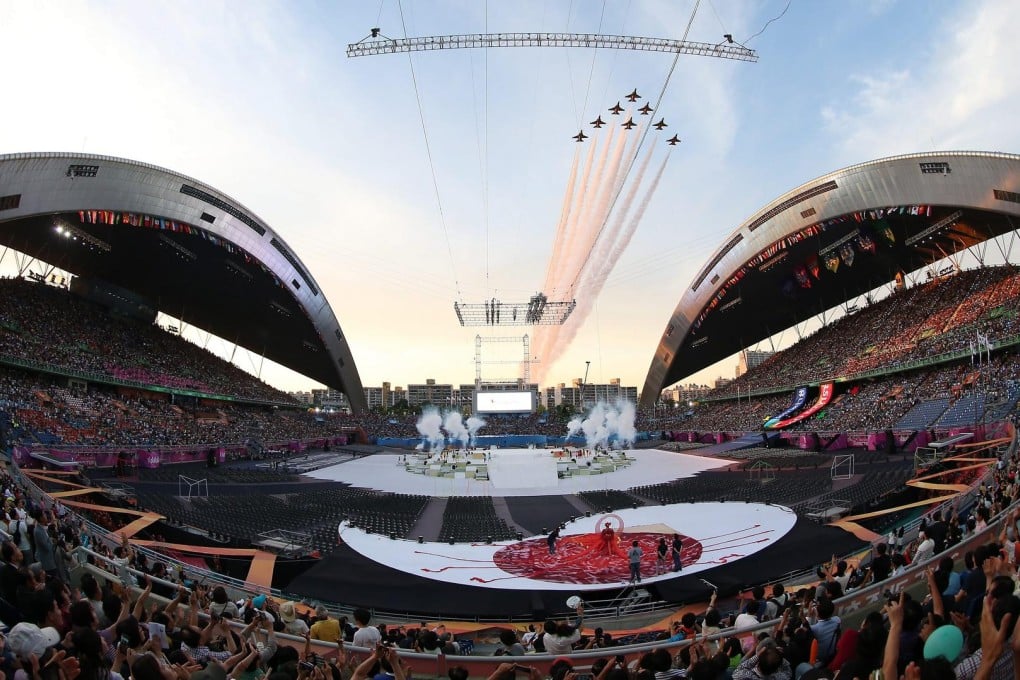A sporting host: how South Korea has continued to build on the legacy of the Seoul Olympics
A combination of national pride and desire for global approval spurred the state to hold a string of sports events, starting with the '88 Olympics

From the soccer World Cup to the summer Olympics, there are very few major sporting events that South Korea has not hosted.
The latest to grace its shores is the Universiade, an international multi-sport event for university athletes that kicked off in Gwangju on Friday.
But while some countries balk at the huge amounts of financial, political and social capital required for such major events, the South Koreans are always game for picking up the tab.
What makes the country arguably Asia's most enthusiastic host of international sports fests is a combination of national pride, a hunger for approval from the world and the potent legacy of the Summer Olympics held in 1988.
"It's a mix of cohesive national pride blended with a deeply rooted need to show the world that Korea is a sophisticated and successful country," said Bill Rylance, who provided strategic communications for both the 1988 Olympics and the country's 2002 World Cup.
Other tournaments that have been bestowed on the country include the Asian Games in 1986, 2002 and 2014. It will also host the 2018 Winter Olympics in Pyeongchang.